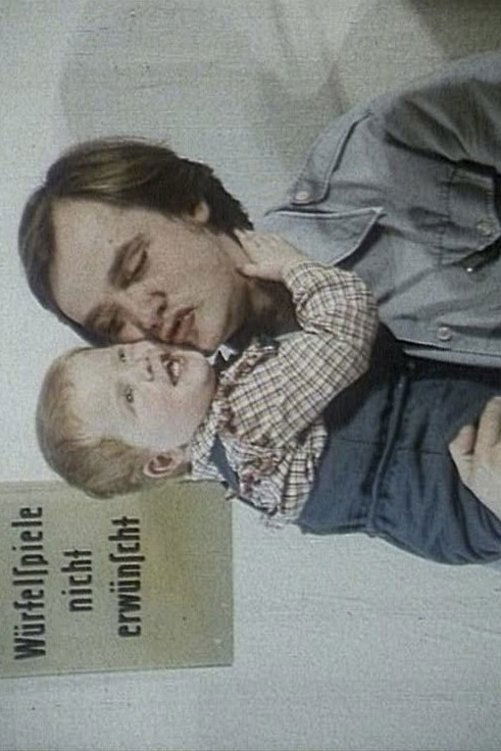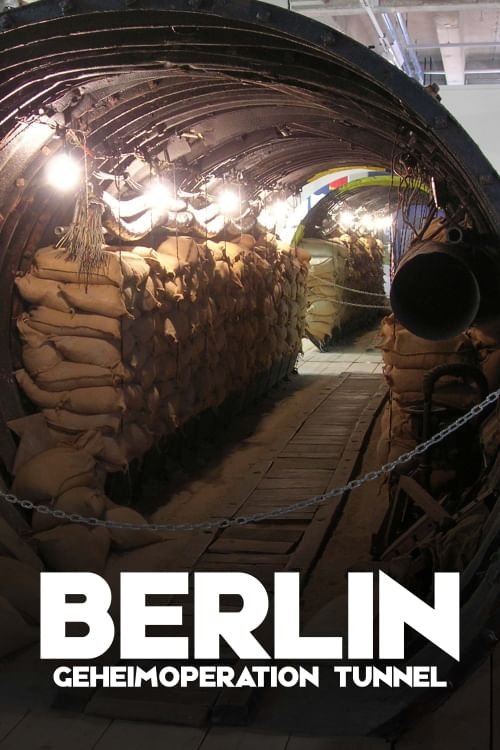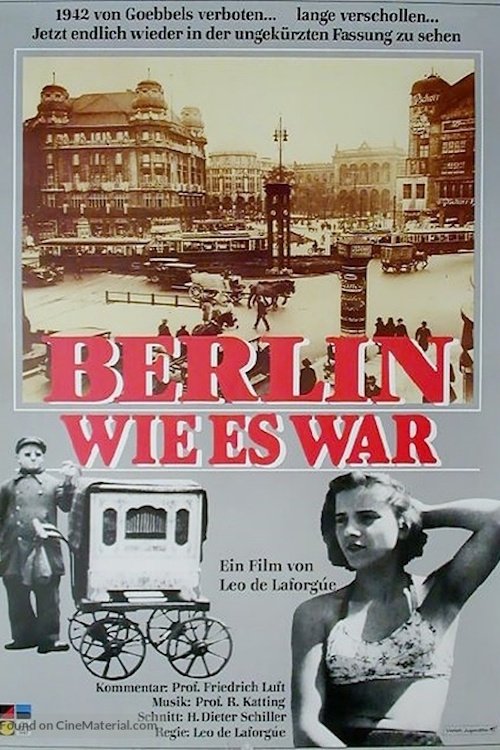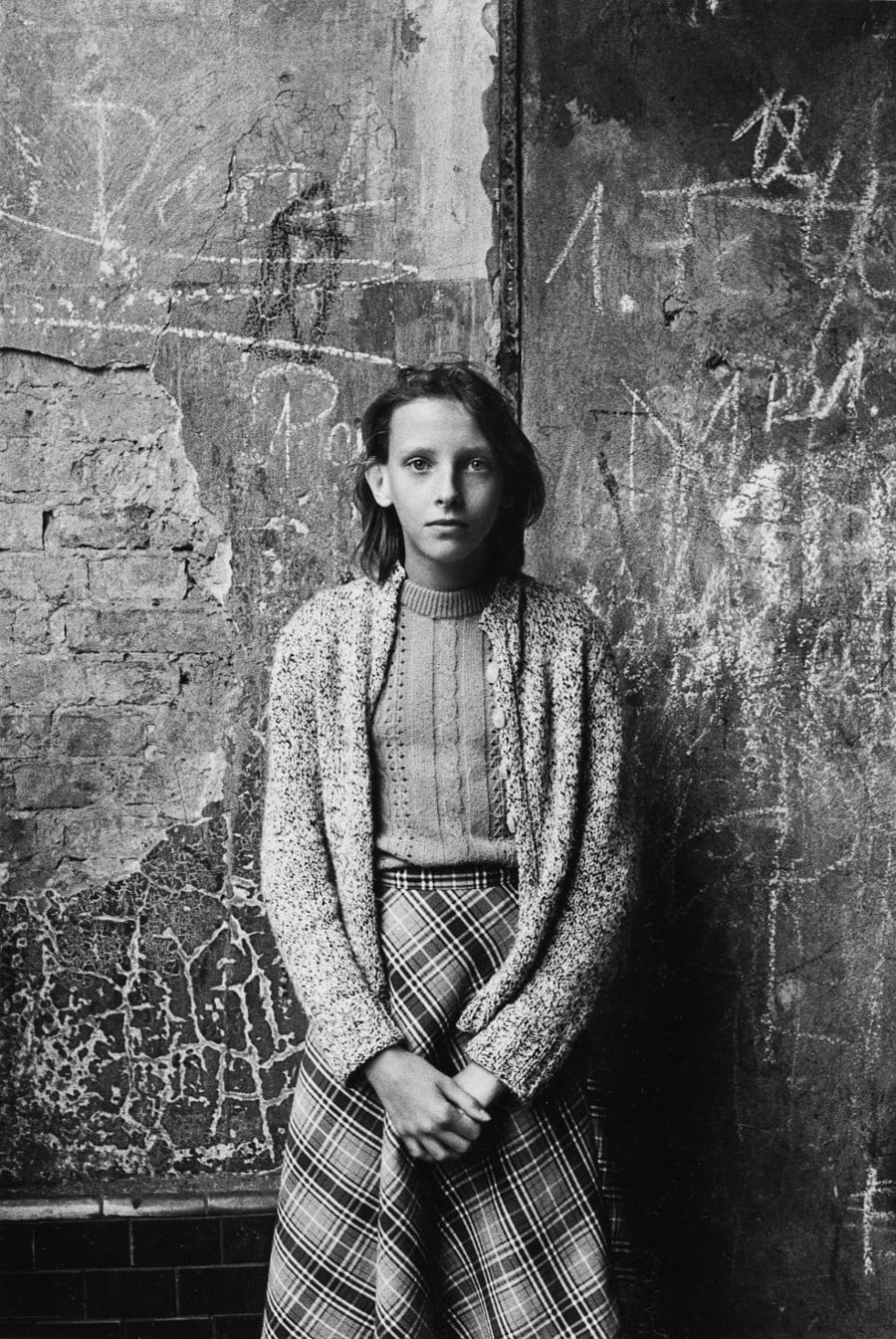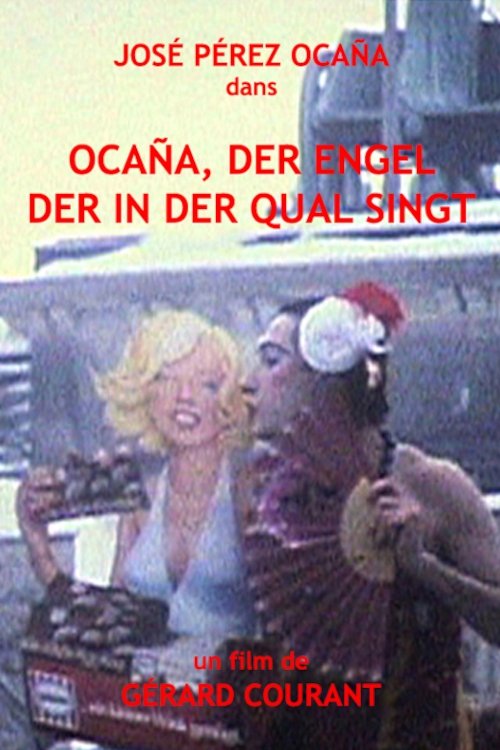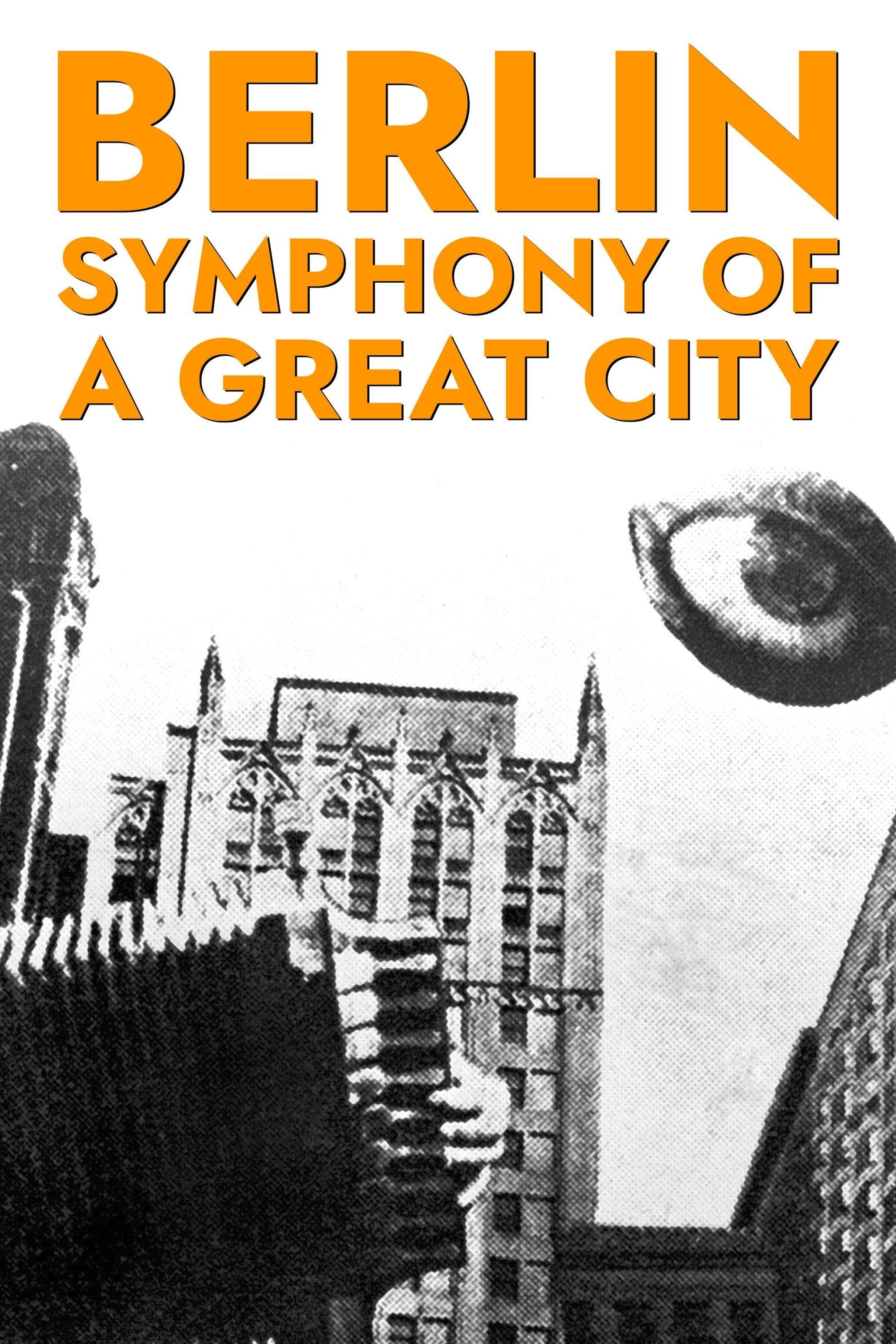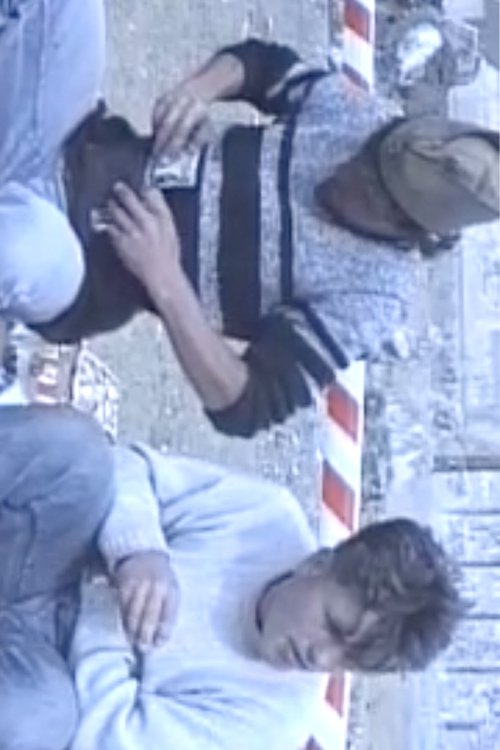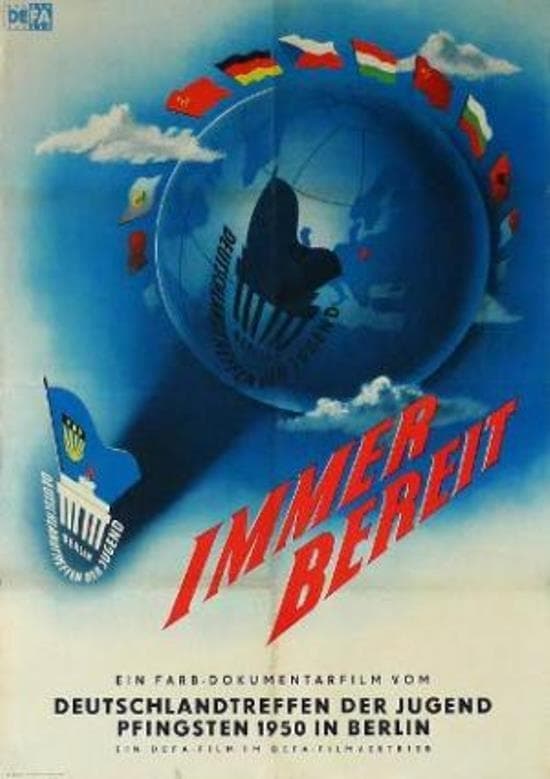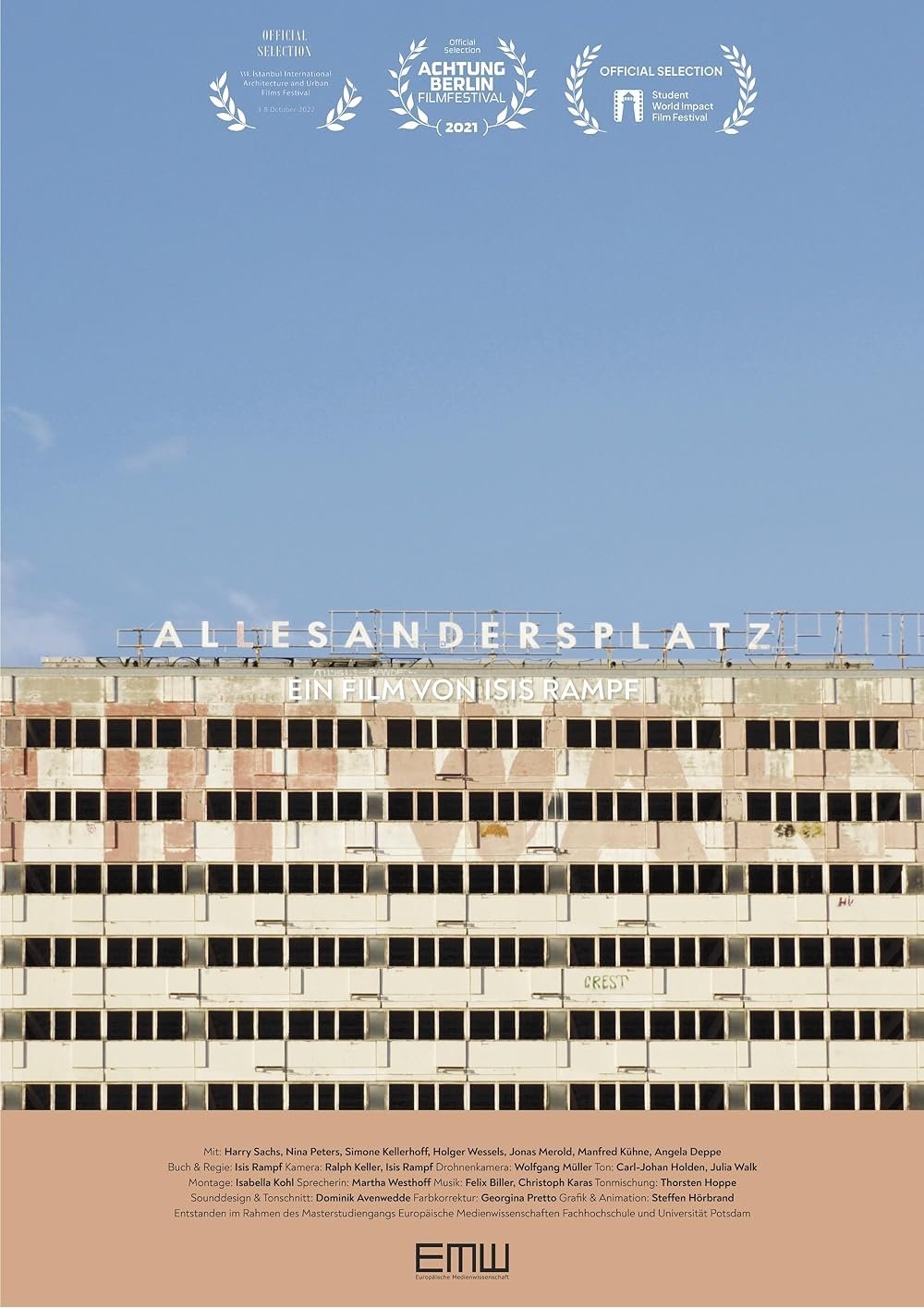Manchmal möchte man fliegen
1981
1h 0m
0.0(0 votes)
Documentary
Overview
Documentary about a youth work brigade working on the construction of a tower block in Berlin-Marzahn
Links & Resources
Social & External
Production Companies

Similar Movies
Recommended Movies

No Recommendations Yet
We're working on finding the perfect movies for you. Check back soon!
More movies coming soon
